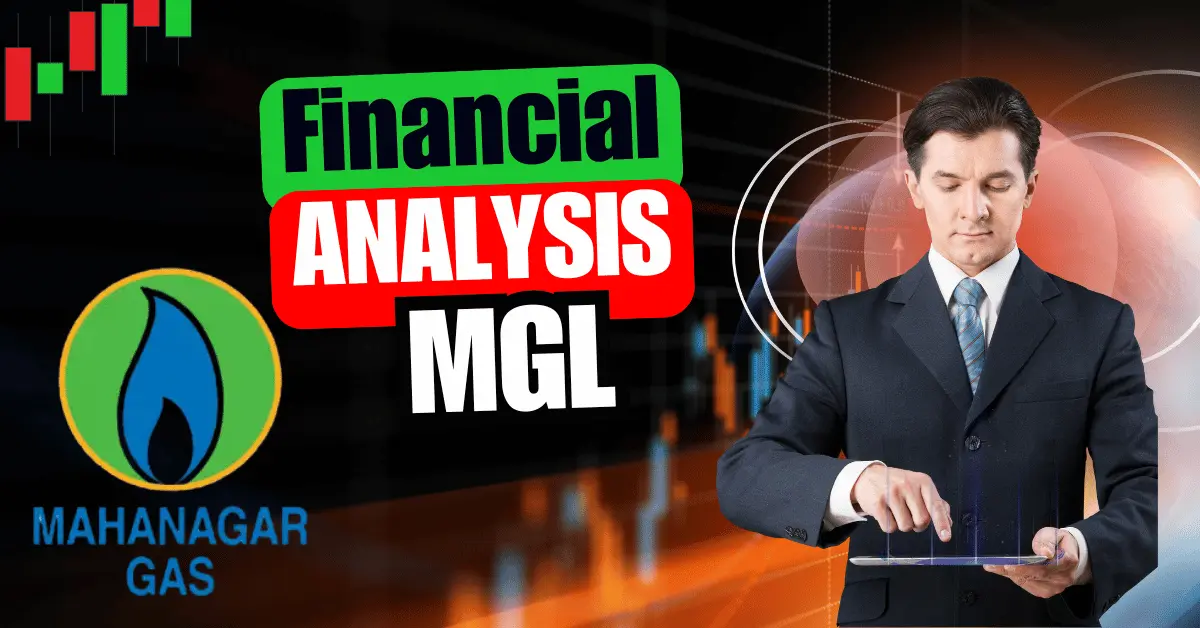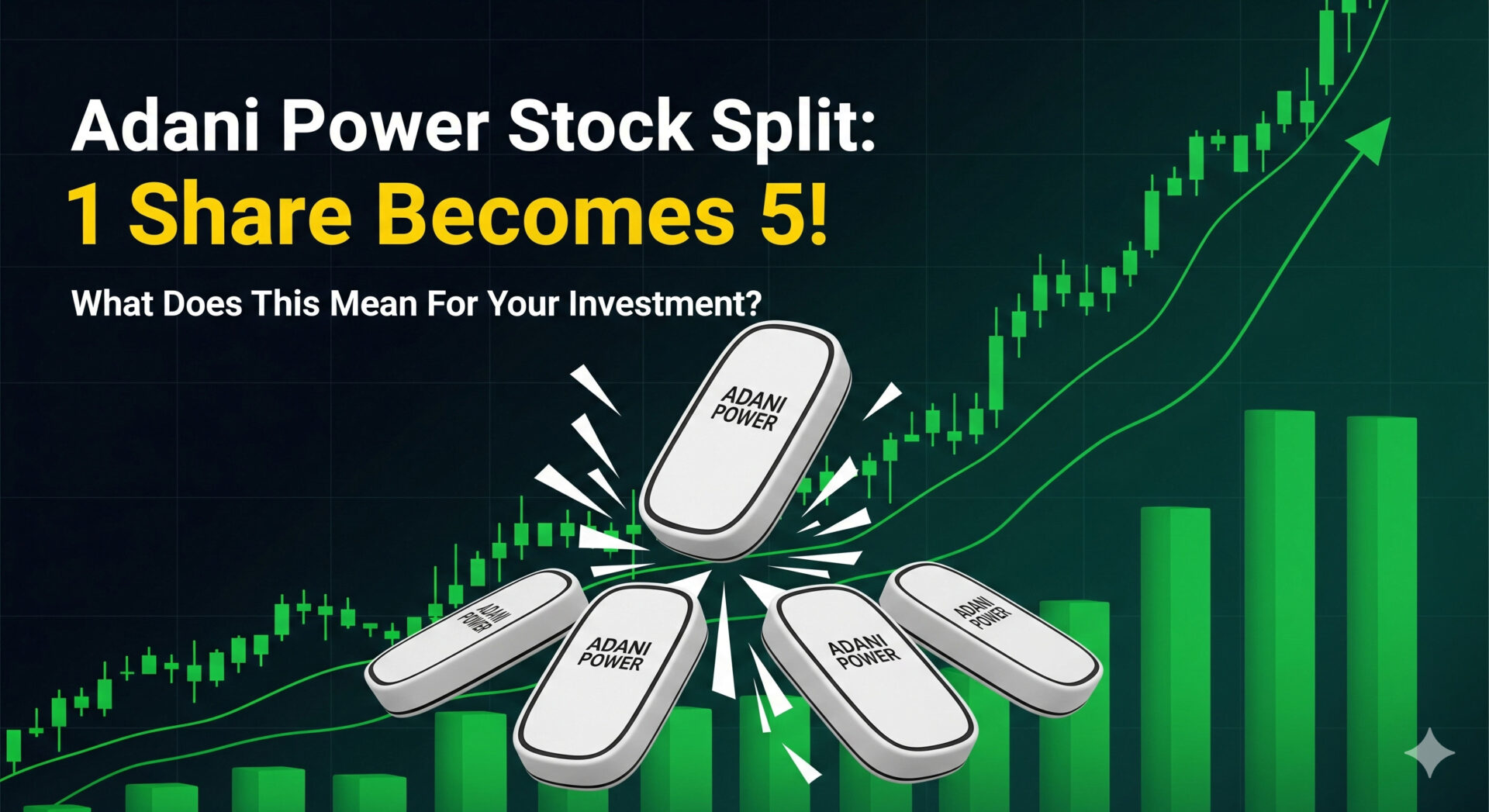Overview: What You’ll Learn
In this analysis, we dissect Mahanagar Gas Limited’s (MGL) FY25 financial results to uncover:
- Revenue drivers: How CNG and PNG sales fueled a 10.6% revenue jump.
- Profit decline: Why net profit dropped 19% despite higher sales.
- Cost pressures: Rising material, employee, and tax expenses.
- Cash flow strength: Operating cash flow of ₹1,368 Cr supports dividends.
- Investor takeaways: Risks, opportunities, and long-term outlook.
MGL FY25 Financial Results: A Mixed Bag of Growth & Challenges
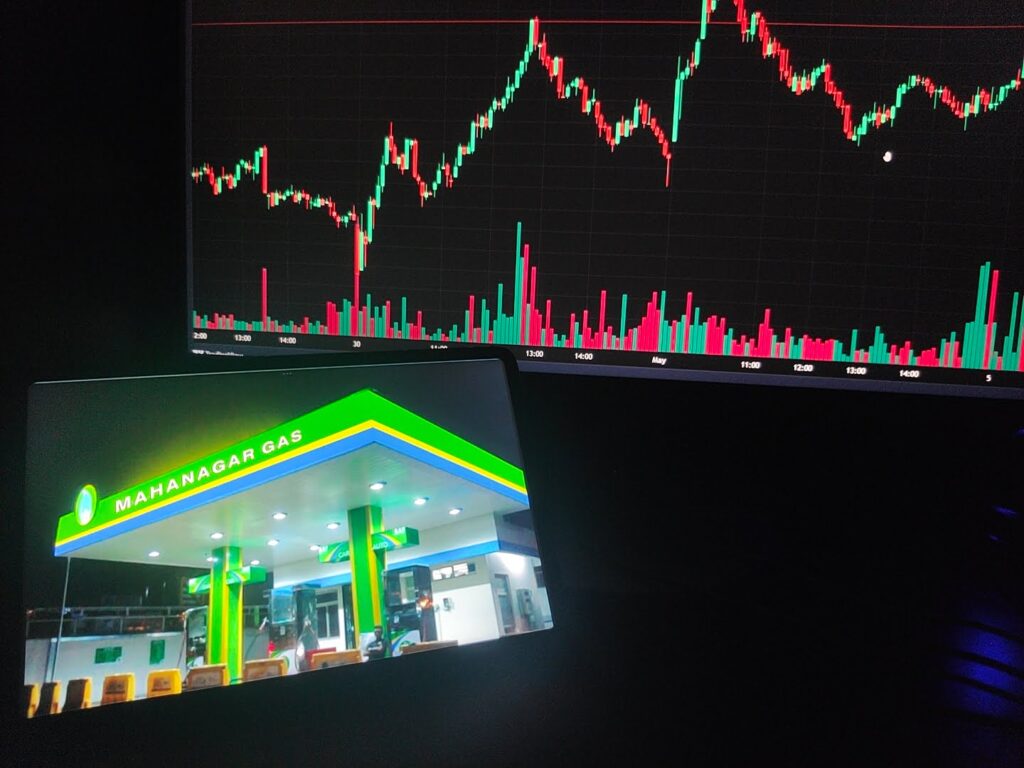
Mahanagar Gas Limited (NSE: MGL), a key player in India’s city gas distribution sector, reported standalone revenue of ₹7,589.99 crore for FY25, marking a 10.6% YoY growth (₹6,861.95 crore in FY24). However, net profit fell sharply by 18.9% to ₹1,044.89 crore, reflecting margin pressures and regulatory headwinds. Below, we break down the numbers, segment performance, and what lies ahead for investors.
Standalone vs. Consolidated Results: Key Metrics
Standalone Performance
| Parameter | FY25 | FY24 | Growth (%) |
|---|---|---|---|
| Revenue from Operations | ₹7,589.99 Cr | ₹6,861.95 Cr | +10.61% |
| Net Profit After Tax (PAT) | ₹1,044.89 Cr | ₹1,289.07 Cr | -18.94% |
| EBITDA | ₹1,509.78 Cr | ₹1,842.63 Cr | -18.06% |
| EBITDA Margin | 21.81% | 29.51% | -7.7 ppt |
| EPS | ₹105.78 | ₹130.50 | -18.94% |
Consolidated Performance
- Revenue: ₹7,978.97 Cr (+10.6% YoY)
- PAT: ₹1,040.45 Cr (-19.02% YoY)
- EBITDA: ₹1,509.78 Cr (-18.06% YoY)
Key Insight: While revenue growth was robust, profitability suffered due to rising operational costs and tax burdens.
Revenue Drivers: CNG & PNG Demand Shine
MGL’s revenue growth was driven by higher volumes across CNG and PNG segments, supported by India’s push for cleaner fuels:
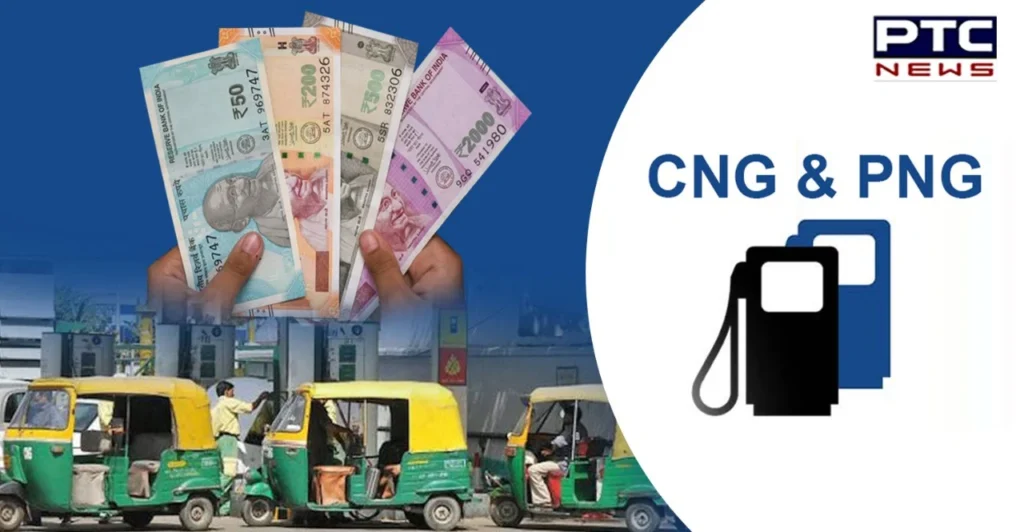
Segment-Wise Volume Growth (FY25 vs. FY24)
| Segment | Volume (SCM Million) | YoY Growth | Revenue Contribution |
|---|---|---|---|
| CNG | 1,050.37 | +10.78% | ₹4,820.25 Cr (+8.87%) |
| PNG – Domestic | 202.20 | +6.24% | ₹1,787.37 Cr (+6.24%) |
| PNG – Commercial | 226.52 | +24.12% | ₹2,064.07 Cr (+15.48%) |
| Total Volumes | 1,479.09 | +11.97% | ₹7,589.99 Cr |
- CNG Growth: Higher adoption in vehicles due to competitive pricing vs. petrol/diesel.
- PNG Growth: Expansion in Mumbai’s household and industrial networks.
4 Reasons Behind the Profit Decline
1. Input Cost Inflation
- Cost of Materials: Surged 23.2% YoY to ₹4,458.04 Cr due to elevated gas procurement costs.
- Employee Expenses: Rose 16.6% YoY to ₹137.78 Cr (new hires for network expansion).
2. Regulatory & Tax Pressures
- Tax Outflow: Total tax expense stood at ₹329.14 Cr (consolidated), including deferred tax of ₹33.62 Cr.
- GST Dispute: A ₹54.33 Cr demand for road reinstatement charges (under litigation).
3. EBITDA Margin Compression
EBITDA margins contracted sharply to 21.81% (vs. 29.51% in FY24) due to:
- Higher input costs (+23.2% YoY).
- Increased depreciation (+12.1% YoY to ₹306.26 Cr).
4. Subsidiary Losses
- Losses from associates (e.g., 3EV Industries) totaled ₹0.86 Cr.
Cash Flow & Dividend Resilience
Despite profit challenges, MGL’s cash position remained robust:
- Operating Cash Flow: ₹1,368 Cr (standalone), funding dividends and capex.
- Dividend Proposal: Final dividend of ₹18/share, totaling ₹30/share for FY25 (₹177.8 Cr payout).
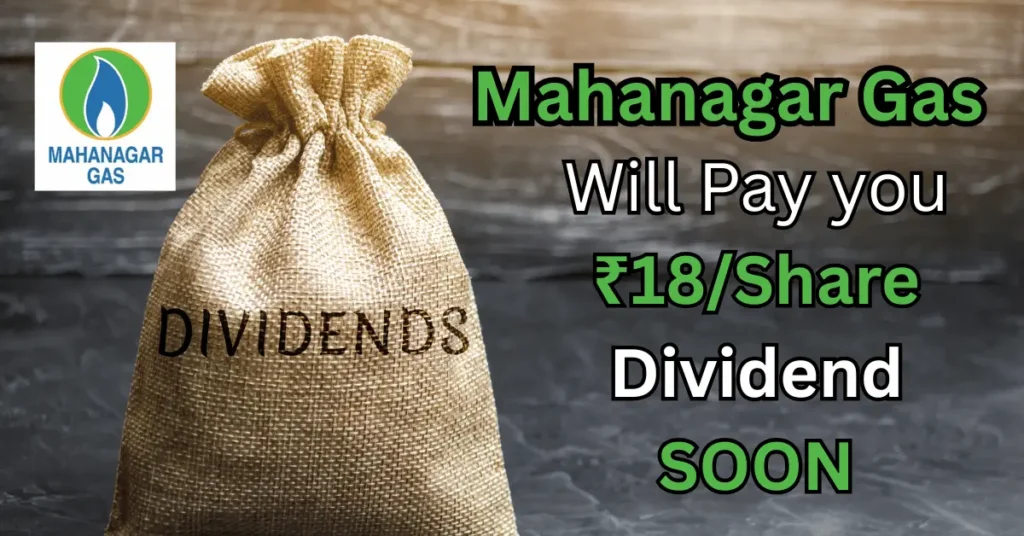
Dividend Track Record
| FY | Dividend/Share | Yield (Current) |
|---|---|---|
| 2025 | ₹30 | ~3.2%* |
| 2024 | ₹28 | 3.5% |
| 2023 | ₹25 | 3.1% |
| *Based on MGL’s current share price (~₹940). |
Investor Takeaways: Risks vs. Opportunities
✅ Strengths
- Dominance in Mumbai’s gas distribution (85% market share).
- Volume growth aligns with India’s clean energy goals.
- Strong dividend track record (payout ratio: ~50%).
⚠️ Risks
- Margin Pressure: Volatile gas prices may hurt profitability.
- Legal Overhang: ₹331 Cr PNGRB tariff dispute with GAIL (next hearing: July 2025).
- Debt in Subsidiaries: Consolidated debt rose to ₹135 Cr (FY25 vs. ₹116 Cr in FY24).
Analyst Outlook: Diversification & Regulatory Clarity Key
MGL’s ₹73 Cr investment in EV startups (3EV Industries, IBC India) signals a strategic shift toward sustainable mobility. However, near-term growth depends on:
- Gas Price Stability: Mitigating input cost volatility.
- Regulatory Resolution: Swift closure of GST and PNGRB disputes.
- Volume Expansion: Targeting 15% CAGR in CNG/PNG sales over FY26-27.
Disclaimer: This article is for informational purposes only and does not constitute investment advice. Please consult a financial advisor before making any investment decisions.

